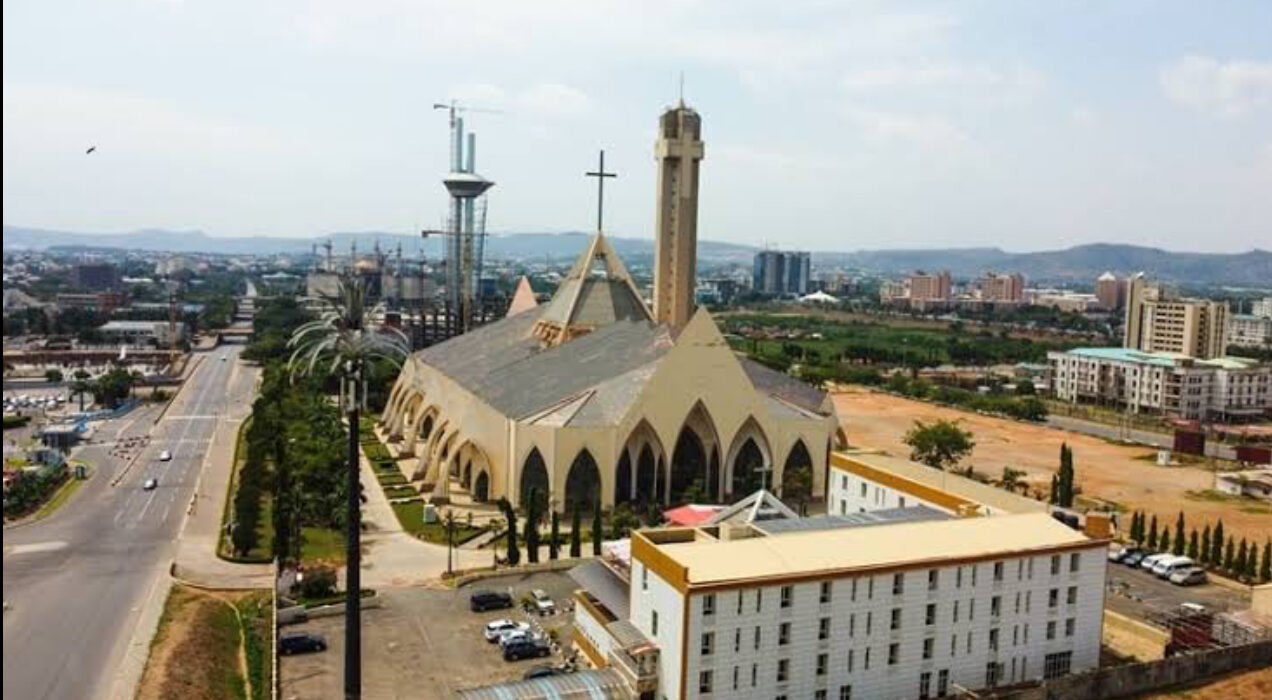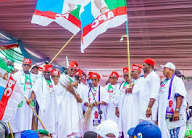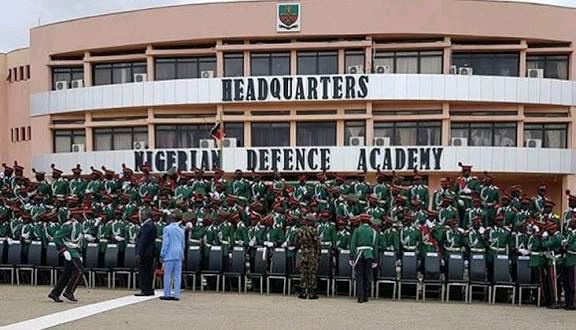Christian Missionary Legacy Still Shapes Nigeria’s Religious Landscape

Nigeria’s vibrant Christian presence, spanning nearly two centuries, is rooted in a profound history of missionary activity that began in the early 19th century.
As one of Africa’s most religiously diverse nations, Nigeria’s Christian heritage continues to influence its educational, cultural, and social development.
Although initial Christian contact with Nigeria dates back to the 15th century—when Portuguese missionaries briefly interacted with the Benin and Warri kingdoms—those early efforts were short-lived. Sustained and impactful missionary work did not begin until the 1800s.
In 1842, the Wesleyan Methodist Missionary Society led by Rev. Thomas Birch Freeman established the first notable Christian mission in Badagry, located in present-day Lagos State.
That same year, Rev. Henry Townsend of the Church Missionary Society (CMS) also arrived in Badagry, marking the beginning of organized Protestant missionary efforts.
Missionary influence rapidly spread inland. In 1846, Rev. Hope Waddell of the Church of Scotland established a mission in Calabar.
The CMS expanded its reach to Abeokuta, Ibadan, Oyo, and eventually Lagos, playing a key role in spreading Christianity throughout southwestern Nigeria.
Missionaries built not only churches but also a network of schools and health centers that laid the foundation for Western education in Nigeria.
Notable early institutions include:
• CMS Grammar School (Lagos, 1859) – Nigeria’s first secondary school
• St. Gregory’s College (Lagos, 1876)
• Methodist Boys’ High School (Lagos, 1878)
These schools were instrumental in nurturing Nigeria’s first generation of Western-educated elites, many of whom would go on to become national leaders.
One of the most celebrated figures in Nigeria’s Christian history is Samuel Ajayi Crowther, a former slave who became the first African Anglican bishop in 1864.
A gifted linguist and theologian, Crowther translated the Bible into Yoruba and other native languages, making Christianity more accessible to local communities.
Crowther’s advocacy for African leadership within the church challenged colonial norms and paved the way for greater indigenous participation in religious institutions.
Unlike earlier foreign-dominated models of evangelism, many 19th-century missionaries in Nigeria chose to immerse themselves in local cultures.
They learned native languages, adopted some customs, and built relationships with traditional rulers. This approach helped Christianity gain deeper roots among Nigeria’s diverse ethnic groups.
In addition to religious teachings, missionaries promoted literacy, hygiene, and social reforms—particularly in areas of education for girls and healthcare delivery.
Today, Nigeria is home to some of Africa’s largest and oldest churches. Denominations such as the Anglican Church, Methodist Church, Presbyterian Church, and Catholic Church trace their Nigerian origins to these early missionary endeavors.
Christianity in Nigeria now spans a wide spectrum—from mainline denominations to fast-growing Pentecostal and evangelical movements. The legacy of 19th-century missionaries remains visible not only in church buildings and schools but also in the social values, political leadership, and community structures they helped nurture.
As Nigeria continues to navigate the complexities of religious diversity and modern identity, its deep-rooted Christian foundations—established by missionaries nearly two centuries ago—remain a defining feature of its national story.









